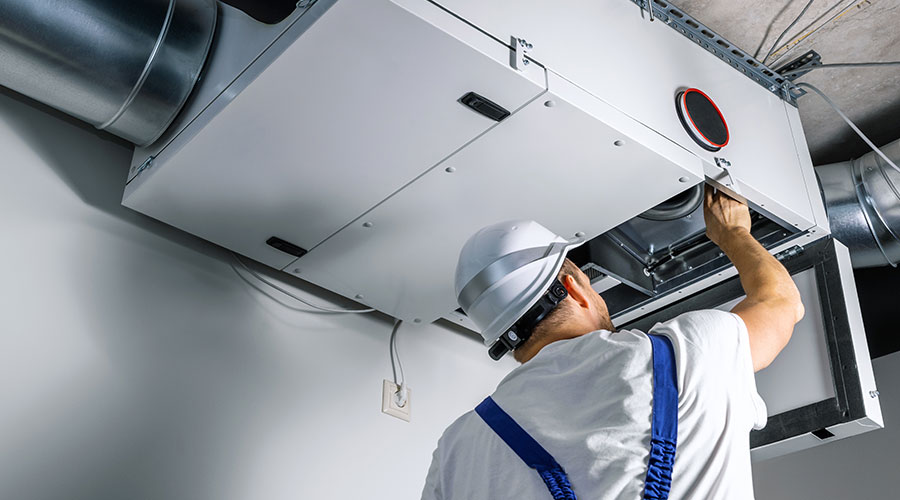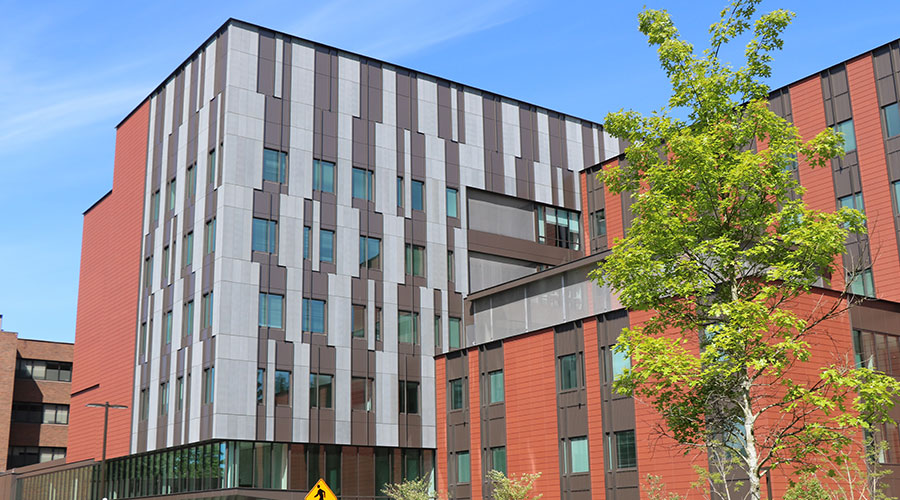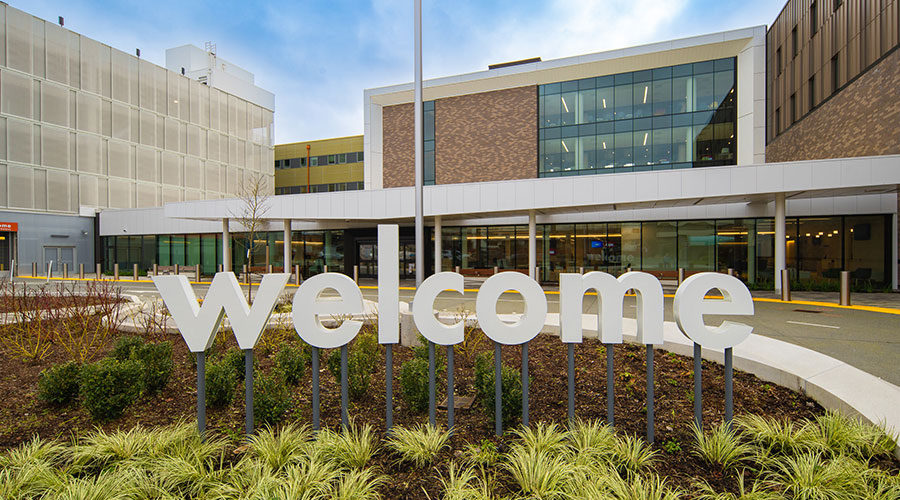Deferred maintenance in healthcare facilities does not get the headlines that it does in K-12 schools. But maybe it should. No facilities are more critical for human health than hospitals, medical office buildings, senior living facilities and other medical facilities, so it is essential to ensure they are effectively maintained and operate safely, reliably and efficiently.
A free-wheeling session at last year’s Healthcare Facilities Innovation Conference in Anaheim revealed some of the maintenance and repair challenges facing healthcare facilities managers, who shared issues, insights and guidance in an effort to help each other improve the condition and performance of their facilities.
Here are five critical takeaways from the session:
Ask executives tough questions. Successfully securing funds for maintenance, operations and engineering departments — as well as for maintenance projects and renovations — often depends on challenging executives using language and concepts they understand. One attendee offered this example:
Manager: “When the emergency department flooded, did you first do an ROI on the emergency repair?”
CEO: “No, we had to repair it immediately.”
The takeaway: Tying preventive maintenance to ROI can help CEOs see that having to make an emergency repair is far more costly than doing the same repair months earlier and would have prevented the crisis in the first place.
Related: Strategies for Tackling Deferred Maintenance in Healthcare
Redefine ROI. The acronym generally refers only to return on investment. For managers emphasizing the need for investment in deferred maintenance, it also refers to risk of inactivity. In other words, how much will it cost the organization in the long run to ignore managers’ funding requests for facilities maintenance?
Go beyond anecdotes. Managers have long relied on words — in emails, reports, lists and examples — when describing their facilities challenges and making the business case for funding maintenance and repairs. That approach is quickly becoming outdated as technology has given managers the ability to gather vast amounts of data on facility condition, equipment performance and energy efficiency.
“We have to get smarter on the data side of the issue,” said one attendee.
Manage the business. For managers to gain respect in the C-suite, they need to demonstrate that their skills go beyond the nuts, bolts and bytes of maintenance and operations. They also need to demonstrate their business skills when seeking funds for critical tasks.
One attendee put it this way: “Make sure you tell them what you don’t need, as well as what you do need. Tell them, ‘We can defer these 10 projects.’ That shows the money folks you know how to run your business. But remember: Giving them the whole list keeps that dollar amount on the CFO’s mind.”
Understand the mission. Not just the facilities mission, either.
“Align your strategies with the organization’s," said one attendee. “That builds trust capital in the C-suite. If the organization is targeting pediatrics, the FM needs to align deferred maintenance activities with that target.”
Dan Hounsell is senior editor for the facilities market. He has more than 30 years of experience writing about facilities maintenance, engineering and management.

 Seeking Standards for Microbial Loads in Healthcare Facilities
Seeking Standards for Microbial Loads in Healthcare Facilities UCR Health Unveils Plans for Major Expansion
UCR Health Unveils Plans for Major Expansion High-Performance Windows Support Safety at UW Medicine's New Behavioral Health Center
High-Performance Windows Support Safety at UW Medicine's New Behavioral Health Center Central Maine Healthcare Dealing with IT System Outage
Central Maine Healthcare Dealing with IT System Outage Kaiser Permanente Opens Newly Expanded Everett Medical Center
Kaiser Permanente Opens Newly Expanded Everett Medical Center